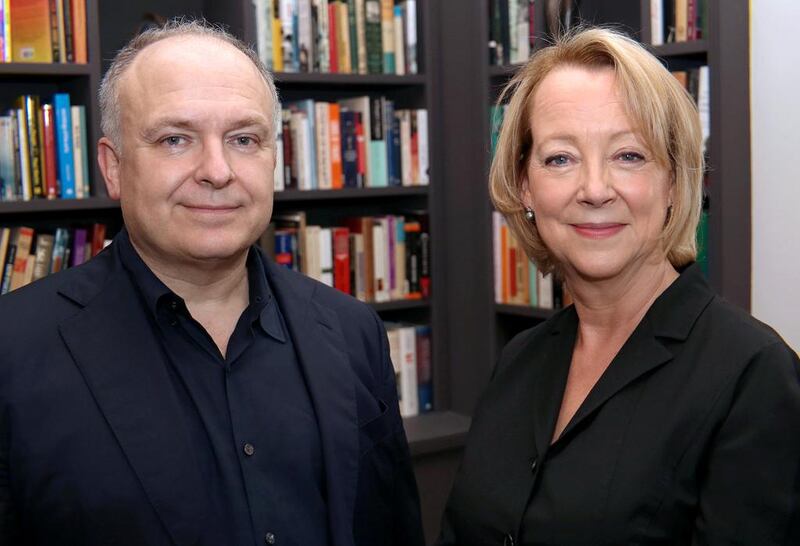If you want to live comfortably to a century, don't listen to your parents. That's the advice of two London Business School professors who have just published The 100-Year Life.
Andrew Scott and Lynda Gratton say that, as our life expectancy changes, so do our career paths and the way we live our lives – meaning we are increasingly taking very different journeys to those of our mothers and fathers.
Life expectancy has doubled in the past 200 years and humans have been getting richer, more educated and healthier, leading to gains of three to four years per decade.
That is still the case in emerging markets, whereas it is slowing down now to one to two years in the West, the professors say.
It means that we can expect to live at least 10 to 12 years longer than our own parents – and this changes when we work, when we retire, when we take career breaks and how we live to achieve work-life balance.
“The three-stage life is the traditional life we imagined – full-time education, work, retirement,” says Ms Gratton, a professor of management practice in organisational behaviour.
“But we are moving to a multi-stage, portfolio life – if you work for longer, into your seventies and eighties, we cannot imagine you will start work at 20 with no breaks.”
Mr Scott, a professor of economics, says that as life elongates from a 10,000-metre race to a 15,000-metre race, a 50-year career is not feasible.
“If there are three stages to your career, there can be different objectives to each – one can be for money, one for work-life balance and one for putting something back into society,” he explains.
Education will also change; an undergraduate degree at 20 may not be so valuable in 40 to 50 years, and people will need “top up education” throughout their career, he adds.
What is needed early on will be “flexible learning and general principles” with upskilled, specialist knowledge through your life. The “lock-step” of everyone doing everything at the same age – graduation at 21, marriage, children and a house in their late twenties to thirties – will alter. Companies have traditionally been suspicious of people who “fall out of step”, Ms Gratton says, and are “penalised for being unorthodox”.
More people will therefore become, at some stage, what the professors call "independent producers"; not quite entrepreneurs, but people who want to start their own business but with no intention of growing it … like medieval craftsmen.
With corporations slow to respond to individuals’ changing needs, staff will have to find ways to explore productivity and creativity at different ages. Eventually businesses will catch up, and that means someone of 50 might take an internship as they enter a second or even third career.
Societies with “a good baseline of entrepreneurship” – like the UAE – will help their citizens have “exciting, fulfilling, long lives”, Mr Scott says.
However, with a minimum retirement age of 49 for Emiratis and a mandatory retirement age for expats of 60, the UAE “will be missing out on good leaders”, he warns.
“We are seeing this in London, where the cut-off for senior leaders is the late fifties.
“It is a common problem across the world, but we are wasting productive resources. Seventy is the new 60; 60 is the new 50.”
So how much should we be saving for this long life and our pensions?
Mr Scott says there are many ingredients – have you inherited money, how much do you want to live on, how much are you prepared to save? Even if you start saving 10 per cent at the age of 21, he says, you will have to work until your late seventies to retire on a pension of half of your final salary; until your early seventies if you are already in your forties.
“But if you look to your parents and their generation for role models, you will underestimate how long you will live for, retire too early and be underprepared if you save too little,” he warns. “You’ll have to work longer or save more.”
“Intangible assets” such as skills, health, fitness and relationships become much more valuable in a longer life, says Ms Gratton.
“We cannot make the maths work by just elongating the second stage of education, work and retirement, being too focused on work,” adds Mr Scott.
Such life changes are also good for gender equality and families, he says – women can take time out to have a family and still go on to have another 30-year career, and the four-generation household with very fit, healthy and independent grandparents will become normal, as what we think of as “old” changes.
“We need to enjoy this wonderful life,” he emphasises. “We don’t want it to be nasty, brutish and long.”
business@thenational.ae
Follow The National's Business section on Twitter





